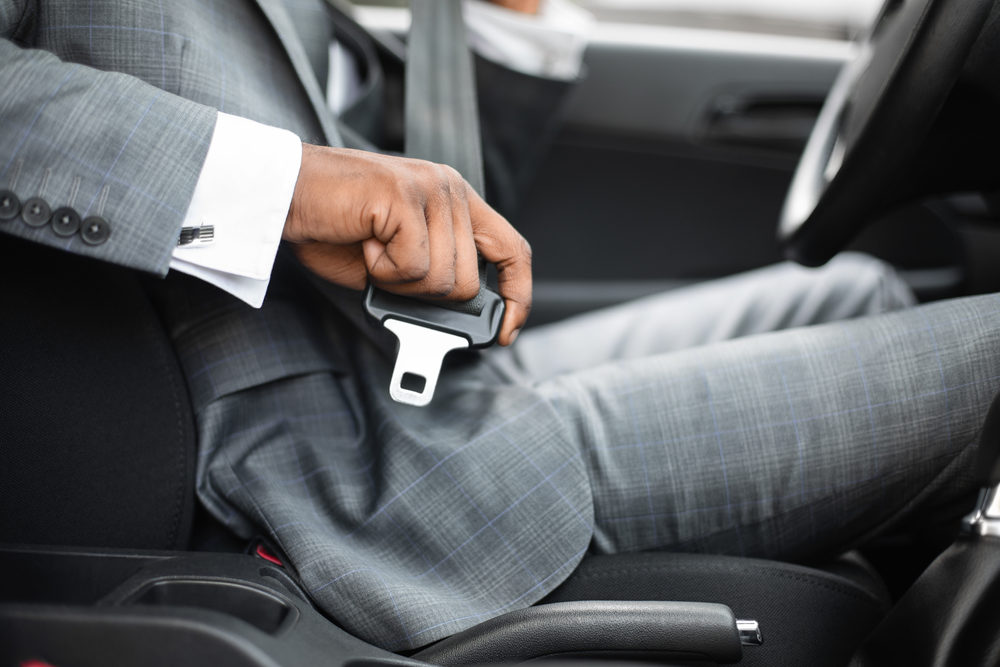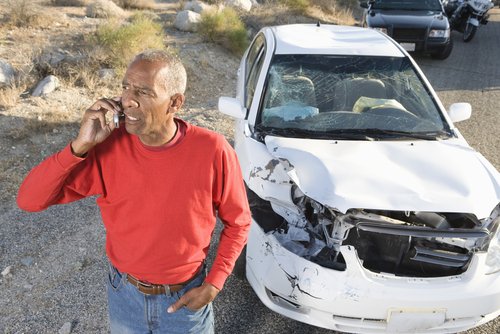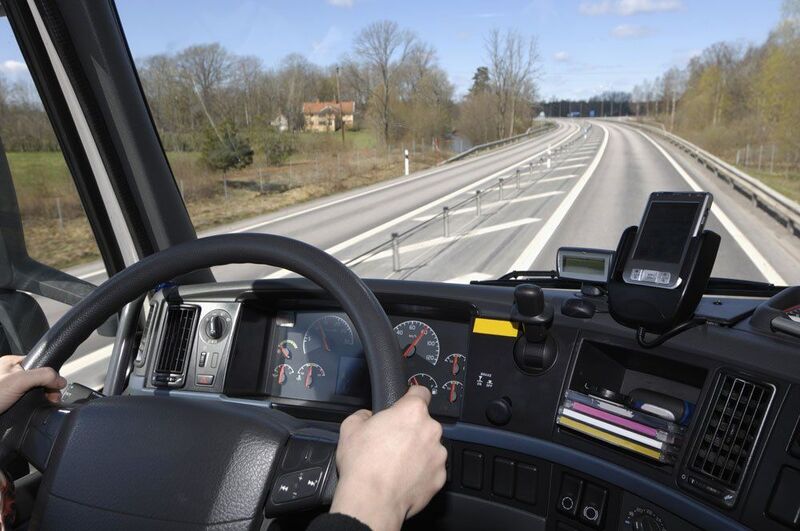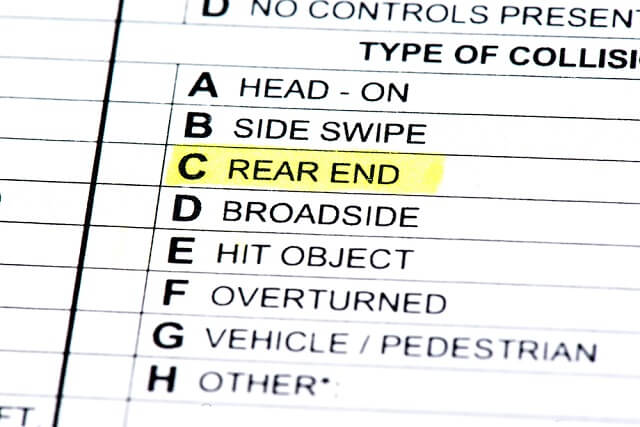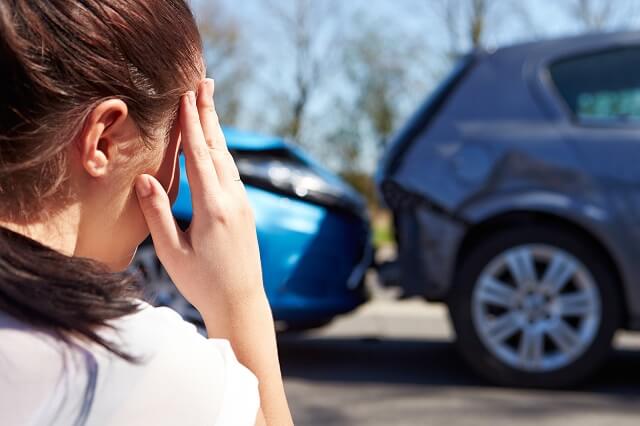 According to Louisiana law (LA RS 14:100), a “hit and run” is defined as the “intentional failure of the driver of a vehicle involved in or causing any accident, to stop such vehicle at the scene of the accident, to give his identity, and to render reasonable aid”.
According to Louisiana law (LA RS 14:100), a “hit and run” is defined as the “intentional failure of the driver of a vehicle involved in or causing any accident, to stop such vehicle at the scene of the accident, to give his identity, and to render reasonable aid”.
If you are involved in a car accident in the state of Louisiana, you are legally required to stop and move your vehicles if possible. You should then render help and aid to anyone who is in need. This can include helping injured persons from their car, calling emergency services, and having the cars towed out of traffic.
Leaving the scene of an accident is a serious offense where both civil and criminal penalties may be imposed. If you fail to stop and render aid in the state of Louisiana, then your driving privileges will be suspended until further determination is made. If you leave the scene of an accident that resulted in personal injury or death to another person, then leaving the scene can be considered leaving the scene of a crime and you will face suspension of your license or a revocation of your license, possibly permanently. However, even if no one was injured, you can still face a suspension of your license.
The obligation to stop after an accident remains even if the accident was not your fault. If you leave the scene of the accident, even if it was not your fault, without completing the requirements of the department of motor vehicles in the state of Louisiana, a judge can rule in favor of the opposing party. Finally, if you are charged with a hit and run in the state of Louisiana, it can adversely affect your car insurance rates and you can be required to pay restitution to the victims if any injuries were sustained.
Even with the above stated penalties, hit and run accidents have been on the rise. According to the National Highway Traffic Safety Administration the number of fatal hit-and-run crashes is trending upward, from 1,274 in 2009, to 1,393 in 2010, to 1,449 in 2011. As a result of the rise in hit and run accidents, several states have implemented legislation in an attempt to prevent drivers from leaving the scene of an accident:
• In Texas, legislators moved to close a loophole that police officers said encouraged intoxicated drivers involved in crashes to flee the scene. Before Sept. 1,2013 the maximum penalty for failing to render aid was just half that for causing a drunken-driving crash death. The penalty for leaving the scene of a crash was raised from a third-degree felony, with a maximum 10-year prison term, to a second-degree felony, punishable by up to 20 years in prison — same as for intoxicated manslaughter.
• In Florida, where the State Patrol says there were nearly 70,000 hit-and-run crashes in 2012 and three of every five road fatalities were pedestrians struck by hit-run drivers, legislators are considering a bill that would impose a mandatory sentence of at least three years on hit-and-run drivers. The sentence would be seven years if someone is seriously injured and 10 years in fatal crashes.
• In 2012, Arizona enacted a law requiring that any driver who leaves the scene of a crash resulting in serious injury automatically has their license suspended for five years. If there’s a death, the automatic suspension is 10 years, not including time in jail.
• In 2012, Colorado enacted a law that made a hit-and-run crash with serious bodily injury a Class 4 felony, which carries the same penalty as driving while drunk.
(usatoday.com, “Fatal hit-and-run crashes on rise in U.S.”, Nov. 10, 2013)
If you or a loved one has suffered a personal injury as a result of a hit and run, learn about your legal rights from an experienced New Orleans personal injury attorney by filling out our free, no obligation case review form located on this website.
Free Case Evaluation
More About HHK
Other Car Accidents News
When you get into a car, fastening your seat belt […]
After you are involved in an auto accident, it is […]
Throughout the country, speed limits are increasing. From highways to city streets, drivers […]
A plaintiff in an automobile accident case can usually count […]
New Orleans, LA Car Accident Compensation Lawyer Car accidents, even […]

